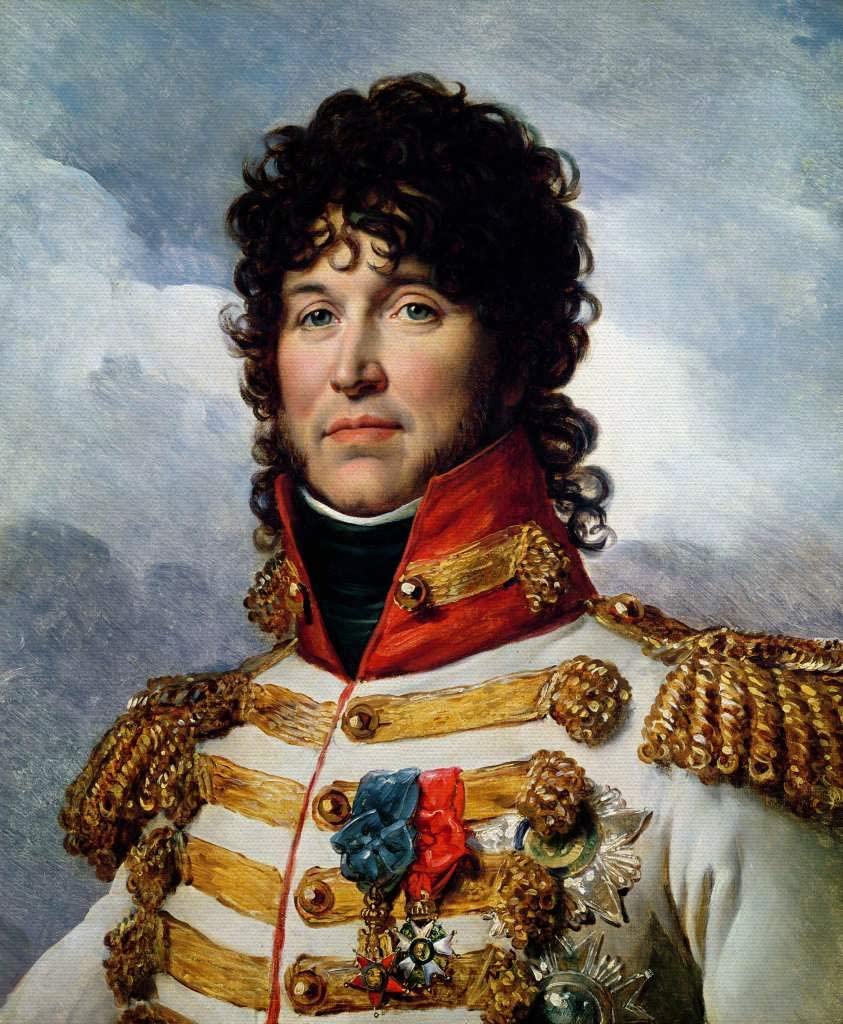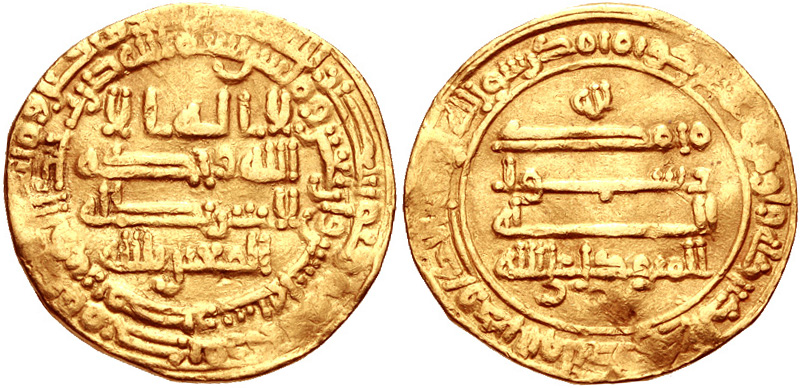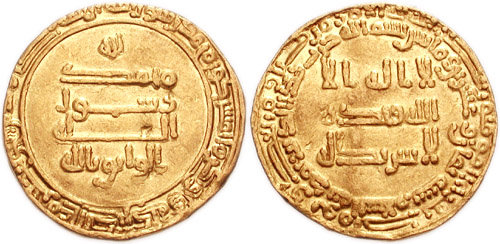|
847 Deaths
__NOTOC__ Year 847 ( DCCCXLVII) was a common year starting on Saturday (link will display the full calendar) of the Julian calendar. Events By place Europe * Danish Vikings land in the Breton March (western part of Gaul). Duke Nominoe of Brittany fails to withstand them in battle, but succeeds in buying them off with gifts and persuading them to leave (approximate date). * Viking period: The Vikings plunder the Lower Rhine, as part of their attacks on the Empire of Francia. * The Saracens, under the Berber leader Kalfun, capture the Byzantine city of Bari ( Southern Italy). He becomes the first ruler of the Emirate of Bari, and expands his influence on the Italian mainland with raids.Kreutz, p. 38. Abbasid Caliphate * August 10 – Caliph Al-Wathiq dies of dropsy after a five-year reign. He is succeeded by his brother al-Mutawakkil. By topic Natural events * November 24 – 847 Damascus earthquake Religion * January 24 – Pope Sergius II di ... [...More Info...] [...Related Items...] OR: [Wikipedia] [Google] [Baidu] |
Pope Leo IV
Pope Leo IV (790 – 17 July 855) was the bishop of Rome and ruler of the Papal States from 10 April 847 to his death. He is remembered for repairing Roman churches that had been damaged during the Arab raid against Rome, and for building the Leonine Wall around Vatican Hill to protect the city. Pope Leo organized a league of Italian cities who fought and won the sea Battle of Ostia against the Saracens. Early career A Roman by birth, Leo received his early education at Rome in the monastery of St. Martin, near St. Peter's. He attracted the notice of Pope Gregory IV, who made him a subdeacon; and was created cardinal-priest of Santi Quattro Coronati by Pope Sergius II. Pontificate In April 847, Leo was unanimously chosen to succeed Sergius II. As the attack of the Saracens on Rome in 846 caused the people to fear for the safety of the city, he was consecrated on 10 April, 847 without waiting for the consent of the emperor. Saracen defenses He immediately began to repair the dam ... [...More Info...] [...Related Items...] OR: [Wikipedia] [Google] [Baidu] |
Bari
Bari ( , ; nap, label= Barese, Bare ; lat, Barium) is the capital city of the Metropolitan City of Bari and of the Apulia region, on the Adriatic Sea, southern Italy. It is the second most important economic centre of mainland Southern Italy after Naples. It is a port and university city, as well as the city of Saint Nicholas. The city itself has a population of 315,284 inhabitants, over , while the urban area has 750,000 inhabitants. The metropolitan area has 1.3 million inhabitants. Bari is made up of four different urban sections. To the north is the closely built old town on the peninsula between two modern harbours, with the Basilica of Saint Nicholas, the Cathedral of San Sabino (1035–1171) and the Hohenstaufen Castle built for Frederick II, which is now also a major nightlife district. To the south is the Murat quarter (erected by Joachim Murat), the modern heart of the city, which is laid out on a rectangular grid-plan with a promenade on the sea and the majo ... [...More Info...] [...Related Items...] OR: [Wikipedia] [Google] [Baidu] |
Gout
Gout ( ) is a form of inflammatory arthritis characterized by recurrent attacks of a red, tender, hot and swollen joint, caused by deposition of monosodium urate monohydrate crystals. Pain typically comes on rapidly, reaching maximal intensity in less than 12 hours. The joint at the base of the big toe is affected in about half of cases. It may also result in tophi, kidney stones, or kidney damage. Gout is due to persistently elevated levels of uric acid in the blood. This occurs from a combination of diet, other health problems, and genetic factors. At high levels, uric acid crystallizes and the crystals deposit in joints, tendons, and surrounding tissues, resulting in an attack of gout. Gout occurs more commonly in those who: regularly drink beer or sugar-sweetened beverages; eat foods that are high in purines such as liver, shellfish, or anchovies; or are overweight. Diagnosis of gout may be confirmed by the presence of crystals in the joint fluid or in a deposit outsid ... [...More Info...] [...Related Items...] OR: [Wikipedia] [Google] [Baidu] |
Pope Sergius II
Pope Sergius II ( la, Sergius II; died 27 January 847) was the bishop of Rome and ruler of the Papal States from January 844 to his death in 847. Sergius II's pontificate saw the Arab raid against Rome as well as the city's redevelopment. Rise Born to a noble family, Sergius was educated in the ''schola cantorum'' and ordained cardinal-priest of the Church of Sts. Martin and Sylvester by Pope Paschal I. Under Pope Gregory IV, he became archpriest.Mann, Horace. "Pope Sergius II." The Catholic Encyclopedia Vol. 13. New York: Robert Appleton Company, 1912. 14 September 2017 At a preliminary meeting to designate a successor to Gregory IV, who died in January 844, Sergius was nominated ... [...More Info...] [...Related Items...] OR: [Wikipedia] [Google] [Baidu] |
January 24
Events Pre-1600 * 41 – Claudius is proclaimed Roman emperor by the Praetorian Guard after they assassinate the previous emperor, his nephew Caligula. * 914 – Start of the First Fatimid invasion of Egypt. *1438 – The Council of Basel suspends Pope Eugene IV. *1458 – Matthias Corvinus is elected King of Hungary. *1536 – King Henry VIII of England suffers an accident while jousting, leading to a brain injury that historians say may have influenced his later erratic behaviour and possible impotence. 1601–1900 *1651 – Arauco War: Spanish and Mapuche authorities meet in the Parliament of Boroa renewing the fragile peace established at the parliaments of Quillín in 1641 and 1647. * 1679 – King Charles II of England dissolves the Cavalier Parliament. *1742 – Charles VII Albert becomes Holy Roman Emperor. * 1758 – During the Seven Years' War the leading burghers of Königsberg submit to Elizabeth of Russia, thus for ... [...More Info...] [...Related Items...] OR: [Wikipedia] [Google] [Baidu] |
847 Damascus Earthquake
The 847 Damascus earthquake occurred (probably on 24 November) in AD 847. Recent scholarship suggests that the earthquake was part of a multiple earthquake stretching from Damascus to the south, to Antioch in the north and to Mosul in the east. There were an estimated 20,000 casualties in Antioch according to the 13th-century historian and writer Al-Dhahabi, and 50,000 in Mosul. It is thought to be one of the most powerful earthquakes along the Dead Sea Transform. Tectonic setting The northern Levant lies across the Dead Sea Transform (DST), the mainly strike-slip boundary between the Arabian Plate and the African Plate. In Lebanon the DST has a SW-NE trend that has caused transpression and the formation of the Mount Lebanon range and the Anti-Lebanon range. The main fault strand is the Yammouneh Fault, which has been the location of several major earthquakes, such as the 1202 Syria earthquake and the Near East earthquakes of 1759. The 847 earthquake has also been linked to m ... [...More Info...] [...Related Items...] OR: [Wikipedia] [Google] [Baidu] |
November 24
Events Pre-1600 * 380 – Theodosius I makes his '' adventus'', or formal entry, into Constantinople. * 1190 – Conrad of Montferrat becomes King of Jerusalem upon his marriage to Isabella I of Jerusalem. *1221 – Genghis Khan defeats the renegade Khwarazmian prince Jalal al-Din at the Battle of the Indus, completing the Mongol conquest of Central Asia. * 1227 – Gąsawa massacre: At an assembly of Piast dukes at Gąsawa, Polish Prince Leszek the White, Duke Henry the Bearded and others are attacked by assassins while bathing. * 1248 – An overnight landslide on the north side of Mont Granier, one of the largest historical rockslope failures ever recorded in Europe, destroys five villages. * 1359 – Peter I of Cyprus ascends the throne of Cyprus after his father, Hugh IV of Cyprus, abdicates. *1429 – Hundred Years' War: Joan of Arc unsuccessfully besieges La Charité. * 1542 – Battle of Solway Moss: An English army defeats a much la ... [...More Info...] [...Related Items...] OR: [Wikipedia] [Google] [Baidu] |
Deaths Of Al-Wathiq And Muhammad B
Death is the irreversible cessation of all biological functions that sustain an organism. For organisms with a brain, death can also be defined as the irreversible cessation of functioning of the whole brain, including brainstem, and brain death is sometimes used as a legal definition of death. The remains of a former organism normally begin to decompose shortly after death. Death is an inevitable process that eventually occurs in almost all organisms. Death is generally applied to whole organisms; the similar process seen in individual components of an organism, such as cells or tissues, is necrosis. Something that is not considered an organism, such as a virus, can be physically destroyed but is not said to die. As of the early 21st century, over 150,000 humans die each day, with ageing being by far the most common cause of death. Many cultures and religions have the idea of an afterlife, and also may hold the idea of judgement of good and bad deeds in one's life (heaven, ... [...More Info...] [...Related Items...] OR: [Wikipedia] [Google] [Baidu] |
Al-Mutawakkil
Abū al-Faḍl Jaʿfar ibn Muḥammad al-Muʿtaṣim bi-ʾllāh ( ar, جعفر بن محمد المعتصم بالله; March 822 – 11 December 861), better known by his regnal name Al-Mutawakkil ʿalā Allāh (, "He who relies on God") was the tenth Abbasid caliph. He succeeded his brother, al-Wathiq, and is known for expanding the empire to its maximum extent. He was deeply religious, and is remembered for discarding the Muʿtazila, ending the Mihna (a period of persecution of Islamic scholars), and releasing Ahmad ibn Hanbal. He is also known for his tough rule, especially with respect to non-Muslim subjects. He was assassinated on 11 December 861 by the Turkic guard with the support of his son, al-Muntasir, marking the beginning of the period of civil strife known as the "Anarchy at Samarra". Early life Al-Mutawakkil was born on February/March 822 to the Abbasid prince Abu Ishaq Muhammad (the future al-Mu'tasim) and a slave concubine from Khwarazm called Shuja. His ... [...More Info...] [...Related Items...] OR: [Wikipedia] [Google] [Baidu] |
Dropsy
Edema, also spelled oedema, and also known as fluid retention, dropsy, hydropsy and swelling, is the build-up of fluid in the body's tissue. Most commonly, the legs or arms are affected. Symptoms may include skin which feels tight, the area may feel heavy, and joint stiffness. Other symptoms depend on the underlying cause. Causes may include venous insufficiency, heart failure, kidney problems, low protein levels, liver problems, deep vein thrombosis, infections, angioedema, certain medications, and lymphedema. It may also occur after prolonged sitting or standing and during menstruation or pregnancy. The condition is more concerning if it starts suddenly, or pain or shortness of breath is present. Treatment depends on the underlying cause. If the underlying mechanism involves sodium retention, decreased salt intake and a diuretic may be used. Elevating the legs and support stockings may be useful for edema of the legs. Older people are more commonly affected. The word is ... [...More Info...] [...Related Items...] OR: [Wikipedia] [Google] [Baidu] |
Al-Wathiq
Abū Jaʿfar Hārūn ibn Muḥammad ( ar, أبو جعفر هارون بن محمد المعتصم; 17 April 812 – 10 August 847), better known by his laqab, regnal name al-Wāthiq bi’llāh (, ), was an Abbasid caliph who reigned from 842 until 847 AD (227–232 AH in the Islamic calendar). Al-Wathiq is described in the sources as well-educated, intellectually curious, but also a poet and a drinker, who enjoyed the company of poets and musicians as well as scholars. His brief reign was one of continuity with the policies of his father, al-Mu'tasim, as power continued to rest in the hands of the same officials whom al-Mu'tasim had appointed. The chief events of the reign were the suppression of revolts: Bedouin rebellions occurred in Bilad al-Sham, Syria in 842, the Hejaz in 845, and the Yamamah in 846, Arminiya, Armenia had to be pacified over several years, and above all, an abortive uprising took place in Baghdad itself in 846, under Ahmad ibn Nasr al-Khuza'i. The latter w ... [...More Info...] [...Related Items...] OR: [Wikipedia] [Google] [Baidu] |
August 10
Events Pre-1600 * 654 – Pope Eugene I elected to succeed Martinus I. * 955 – Battle of Lechfeld: Otto I, Holy Roman Emperor defeats the Magyars, ending 50 years of Magyar invasion of the West. * 991 – Battle of Maldon: The English, led by Byrhtnoth, Ealdorman of Essex, are defeated by a band of inland-raiding Vikings near Maldon, Essex. * 1030 – The Battle of Azaz ends with a humiliating retreat of the Byzantine emperor, Romanos III Argyros, against the Mirdasid rulers of Aleppo. The retreat degenerates into a rout, in which Romanos himself barely escapes capture. * 1270 – Yekuno Amlak takes the imperial throne of Ethiopia, restoring the Solomonic dynasty to power after a 100-year Zagwe interregnum. * 1316 – The Second Battle of Athenry takes place near Athenry during the Bruce campaign in Ireland. * 1346 – Jaume Ferrer sets out from Majorca for the "River of Gold", the Senegal River. *1512 – The naval Battle of Saint-Mathieu, ... [...More Info...] [...Related Items...] OR: [Wikipedia] [Google] [Baidu] |





